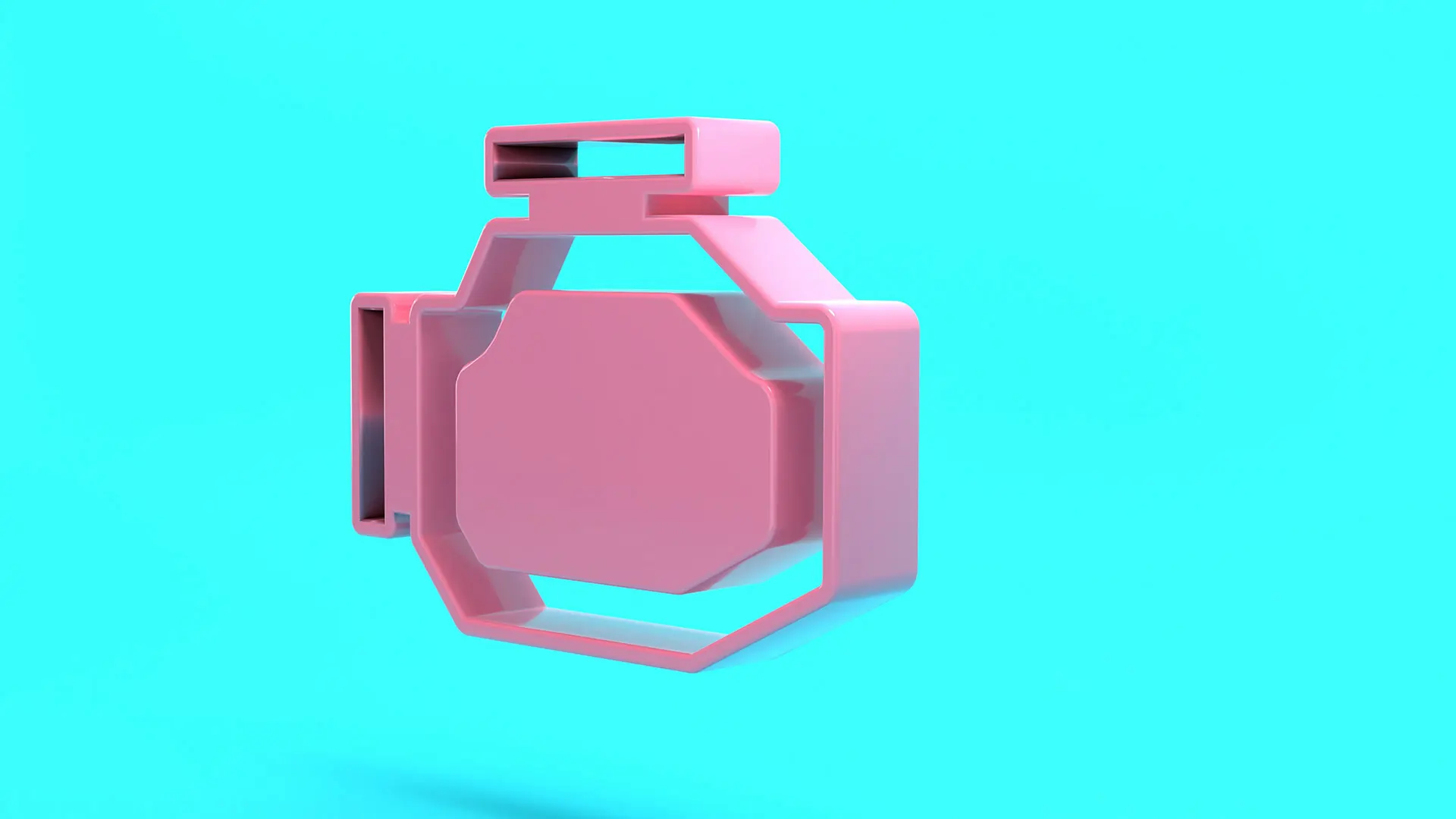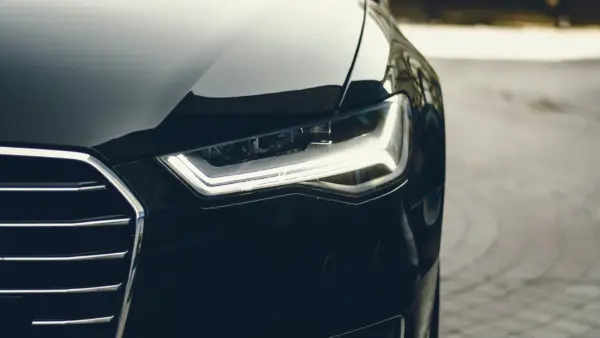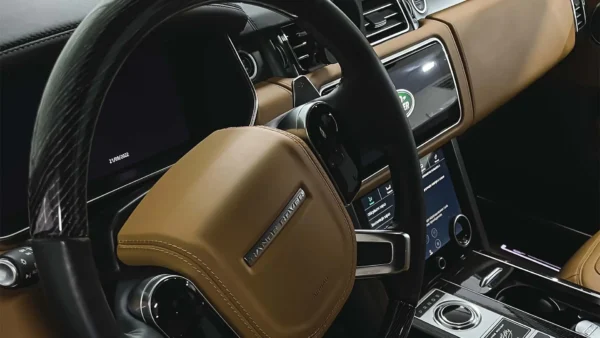Car insurance doesn’t provide coverage for engine failure in most circumstances, unless that failure is a result of something else covered by your insurance.
Confused? Knowing what your policy covers is key, especially when you’re unsure about potential losses. Understanding insurable items can prevent gaps in coverage, saving you both stress and money.
Engine failure: Causes and whether they’re covered
Engine failure may be covered if it resulted from an insured event, like a crash or rollover. The critical point here is ‘insured’: engine failure isn’t inherently included or excluded from any policy per se, but specific insured events and causes for engine failure are.
What isn’t covered
Engine failure can happen for many reasons. One of the most common causes is lack of maintenance. Failure to regularly change your oil, replace filters, and perform other routine maintenance tasks can result in engine wear and eventual failure.
Overheating is another common reason for engine failure, and this tends to happen when the engine is being operated at excessively high temperatures. This may also be due to coolant leaks, malfunctioning cooling system, faulty thermostat, etc.
Over-revving can also cause engine failure. This is because the engine is excessively or consistently operating at high RPMs, which over time puts undue stress on internal components and may contribute to eventual failure. Car insurance is designed for accidental, unexpected damages. Because all the issues above can be attributed to lack of maintenance, inattention to the condition of the vehicle, and general user misuse, they won’t be covered by insurance.
What is covered (with the right coverage)
Engine failure can also be caused by collisions, weather-related accidents, theft, vandalism, acts of nature, and road hazards – all of which, with the right coverage, are insurable.
An auto insurance policy that includes the mandatory coverages (uninsured motorist coverage, third-party liability, accident benefits) as well as DC-PD, collision, and comprehensive coverage is likely to cover instances of engine failure due to collisions or non-collision damages (like weather events).
For example, if you hit an animal while driving late at night and it caused your engine to break down, your comprehensive coverage may pay for the claim and help you repair your engine. If you got into a fender-bender with another car and the damage was so bad your engine gave out, your collision coverage could help pay for the repairs.
We recommend reviewing your policy to be sure you have the right coverage for any unexpected events. Being aware of what your insurance policy includes can give you peace-of-mind knowing that, if something does happen, you’ll be covered. It also ensures that you’re likelier to identify any coverage gaps before they become an issue. Not sure how to do this? Ask a Mitch independent insurance broker for their advice.
What other coverage could I have for engine failure?
Beyond insurance, there are also warranties that could cover your car for things like engine failure. This may not be applicable if you’ve purchased your car used or from a private seller, but if your car has low kilometers or was purchased brand new consider asking about it. Dealerships may offer one of two kinds of warranties.
The first option is a manufacturer or factory warranty. This comes directly from the company that manufactured the vehicle and is usually included as part of purchasing a brand-new vehicle. Depending on the manufacturer, this warranty could last up to five years or until a certain mileage is reached (usually 60,000 to 100,000 km). These warranties cover costs related to electrical and mechanical breakdown, including unexpected engine failure.
Buying an extended warranty is another option to help cover repair expenses after the manufacturer’s warranty expires. It’s an optional warranty that can be purchased from the car manufacturer or third-party providers. This is a great option if you have budget constraints where a future repair could be a huge burden on your finances, but keep in mind that warranties do not replace insurance. Insurance is required by law and if you are ever pulled over, police won’t accept your warranty in place of your insurance. A combination of insurance and warranties can be a great way to maintain your peace-of-mind as a driver.
Looking to save on your car insurance or have questions about your current coverage and what it includes? Speak with a Mitch insurance broker today.
Looking for car insurance?
Speak with a Mitch Insurance broker today to get a quote on Ontario auto insurance.
Call now
1-800-731-2228







